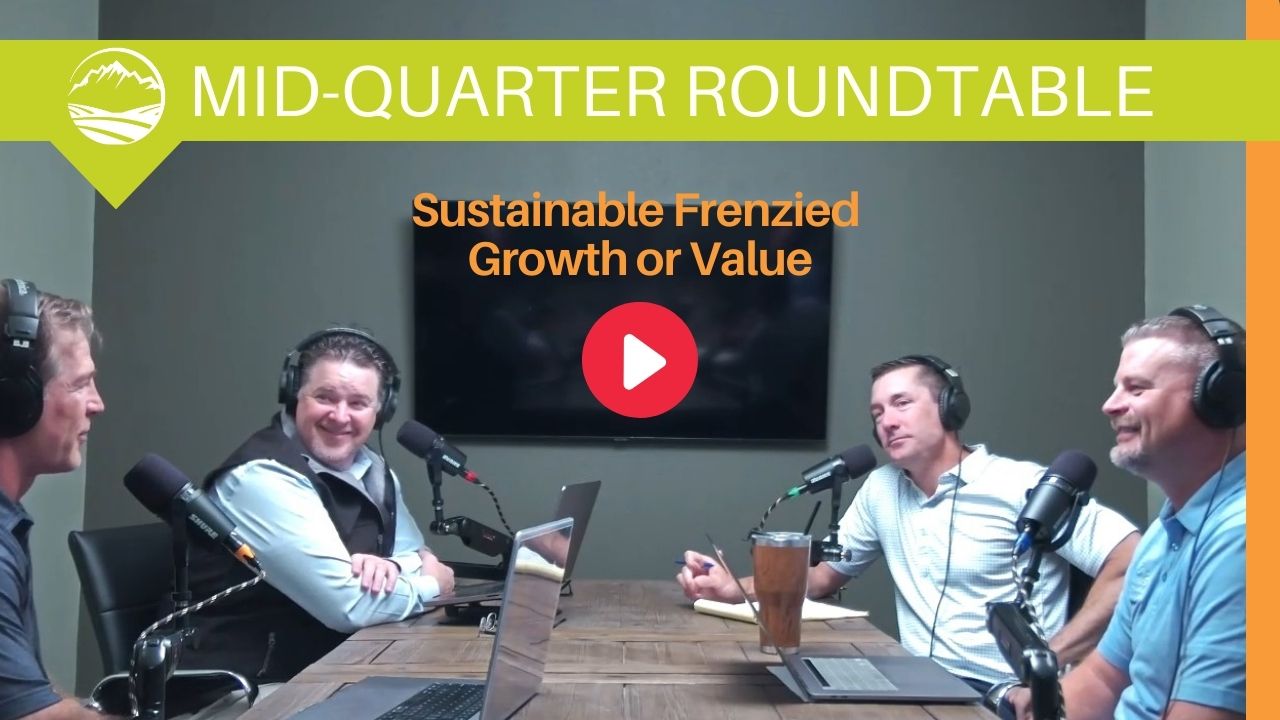You are now leaving the Strong Valley Wealth & Pension, LLC ("Strong Valley") website. By clicking on the "Schwab Alliance Access" link below you will be entering the Charles Schwab & Co., Inc. (“Schwab”) Website. Schwab is a registered broker-dealer, and is not affiliated with Strong Valley or any advisor(s) whose name(s) appears on this Website. Strong Valley is/are independently owned and operated. Schwab neither endorses nor recommends Strong Valley. Regardless of any referral or recommendation, Schwab does not endorse or recommend the investment strategy of any advisor. Schwab has agreements with Strong Valley under which Schwab provides Strong Valley with services related to your account. Schwab does not review the Strong Valley website(s), and makes no representation regarding the content of the Website(s). The information contained in the Strong Valley website should not be considered to be either a recommendation by Schwab or a solicitation of any offer to purchase or sell any securities.

Reducing your emotions can give you a better chance for investing success. For many investors this may seem almost impossible to do. Even seasoned investors can have emotional setbacks. This article gives you four tips on how to keep your emotions and investing separate.

Money is always an emotional subject, but often when our emotions get involved with our investments we will make wrong decisions. And that can be a costly mistake.
Keeping emotions and investing separate seems almost impossible for many investors. When reacting too quickly and letting emotions cloud judgment, even the most experienced investors do not make the best decisions. However, keeping emotions away from investment decisions can give you a better chance for success.
Here are four tips on how to keep emotions and investing separate:
It sounds so simple, but setting financial goals really is the first step to investing, and financial goals can keep emotions out of the picture if done correctly. Having goals will help you keep an eye on the big picture.
For example, if you are saving for retirement in 30 years, you know that you have more time to make up for any losses than if you plan to retire in 5 years. These goals can also keep you focused on what you need to do today to get there.
Do you check up on your investments every day, sometimes spending hours figuring out how you’re doing and what you could have done better if you had just moved your investments around? If so, you are just going to drive yourself crazy because all you’ll really see will be market gyrations and mistakes you think you could have avoided.
Checking too often will not benefit your portfolio in any way, but it will cause anxiety. This is even more true if you own individual stocks as checking stock prices too often can cause you to panic, and you might make a snap judgment to trade. Instead, keep your checks to monthly or quarterly, and concentrate on sticking to your overall plan and goals.
Again, it sounds so simple, but knowing what you are buying is crucial to help you avoid emotional setbacks in investing. Always do your own research before purchasing anything, even if you have outside assistance.
Understand what the investment is, how it will help you achieve your goals, what the risks are, and when and how to exit. Without your own research, you will not take full responsibility for your trades, introducing negative emotions.
You can create some distance between yourself and your investments by putting a financial advisor in the middle of the two.
By entrusting a neutral third party who can help you examine your situation objectively and encourage you to stay on track, you can hold yourself more accountable for the things that you can actually control.



